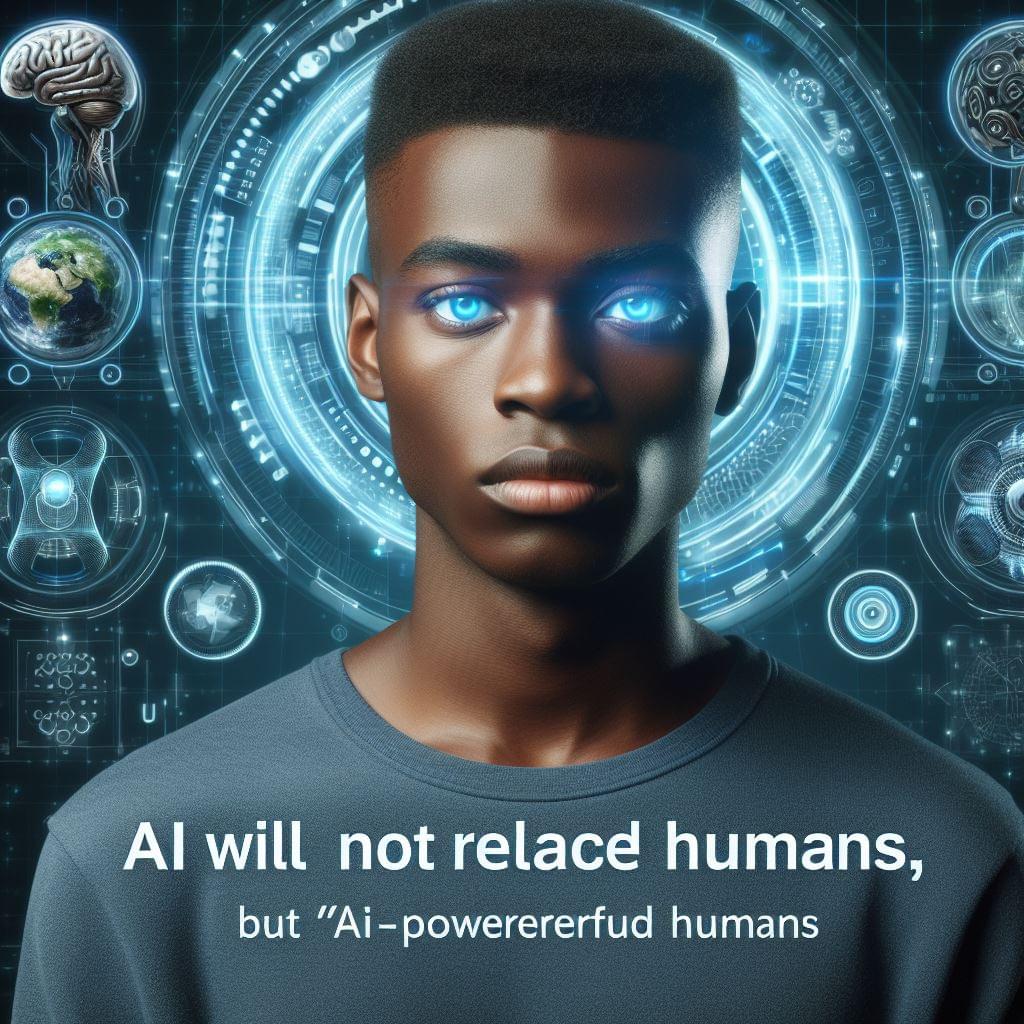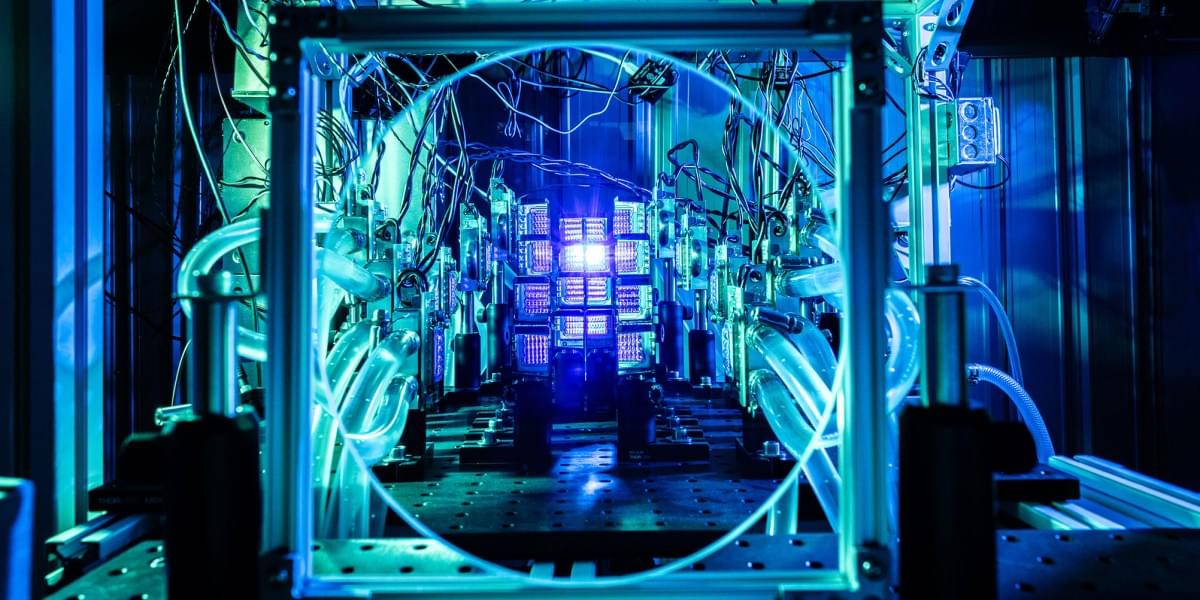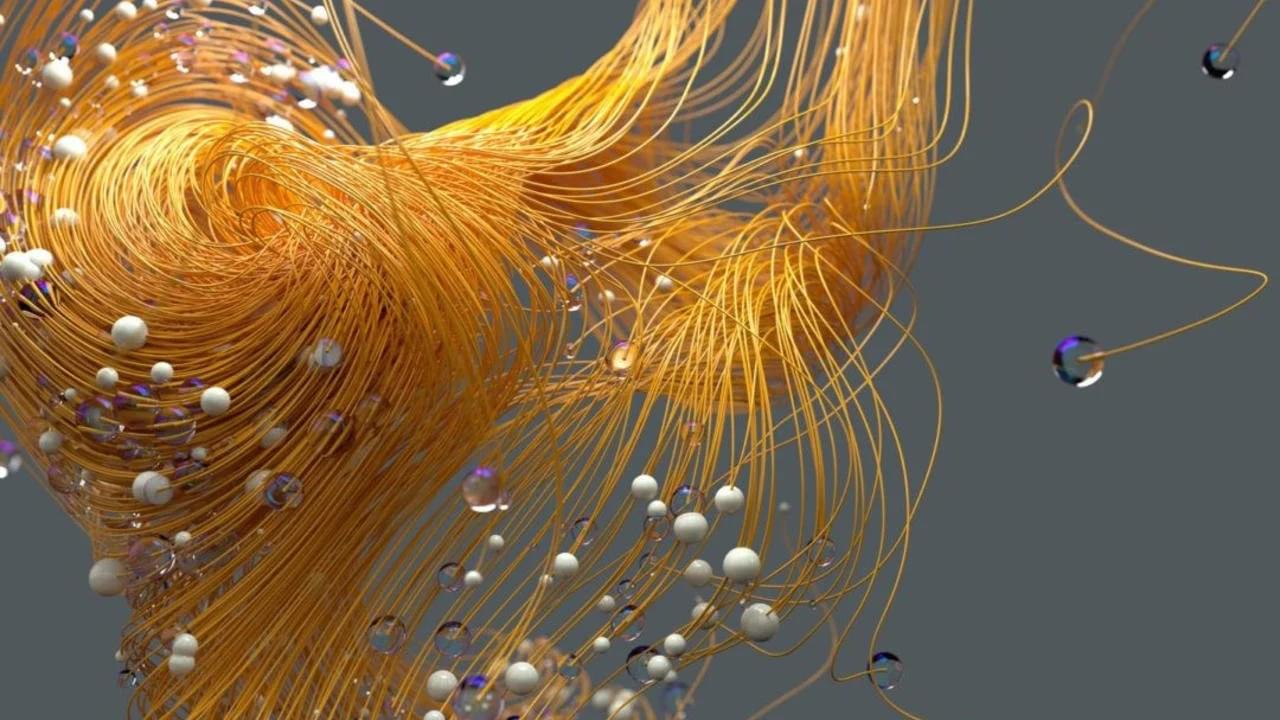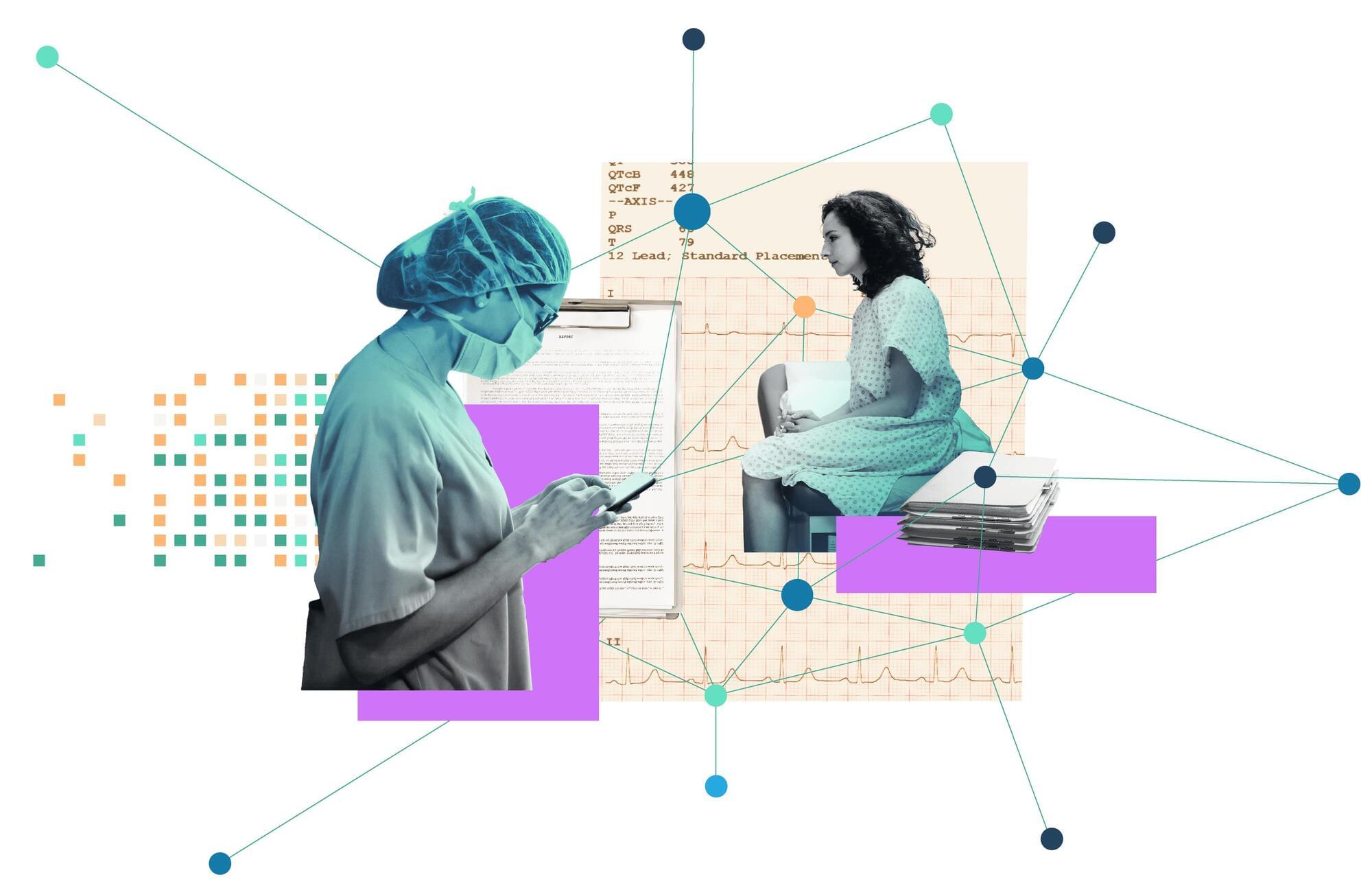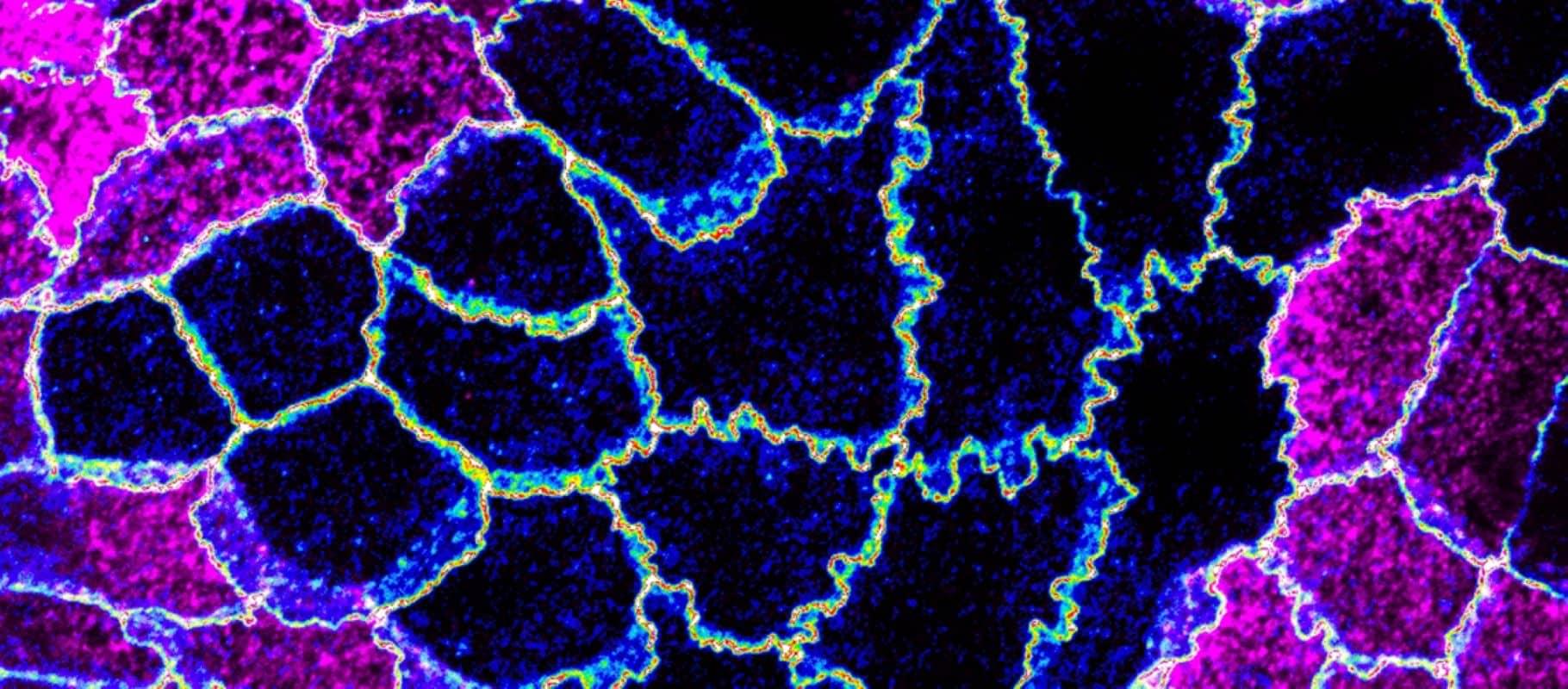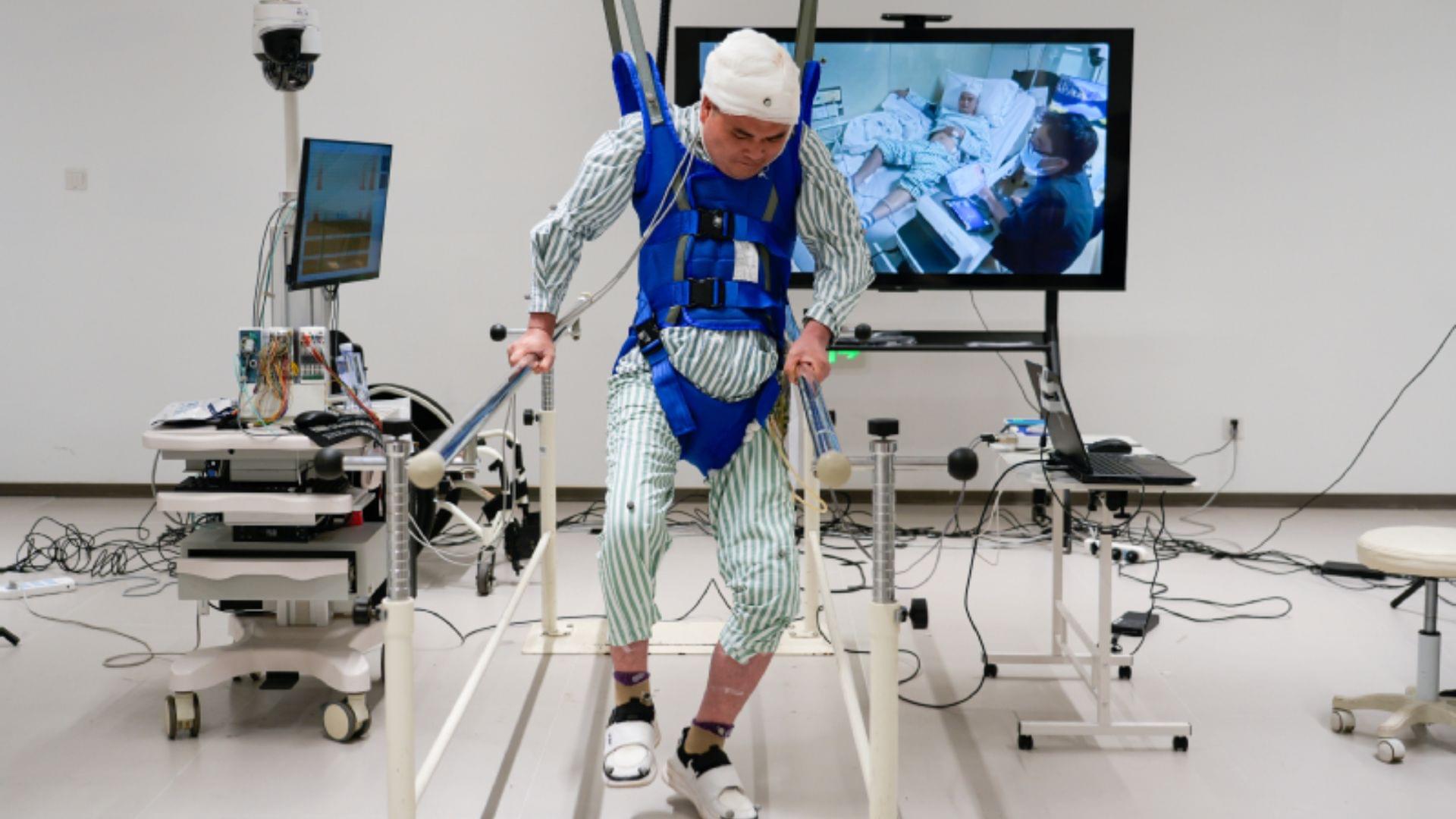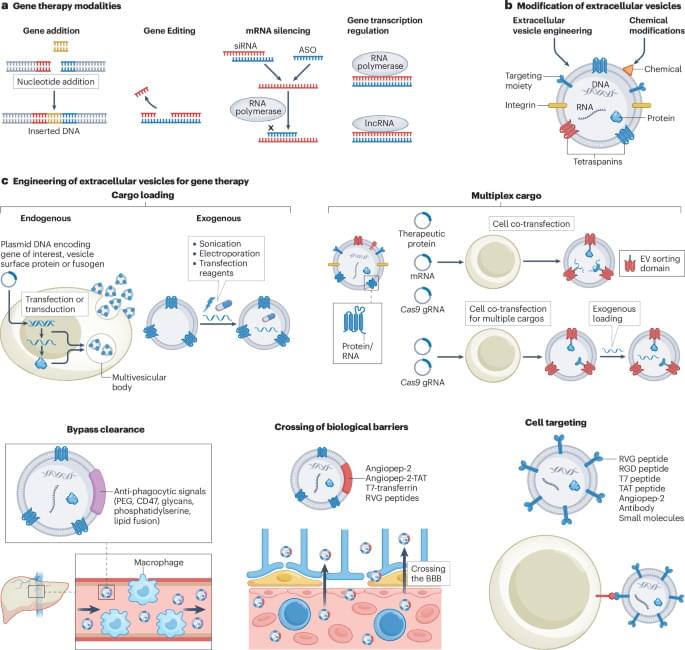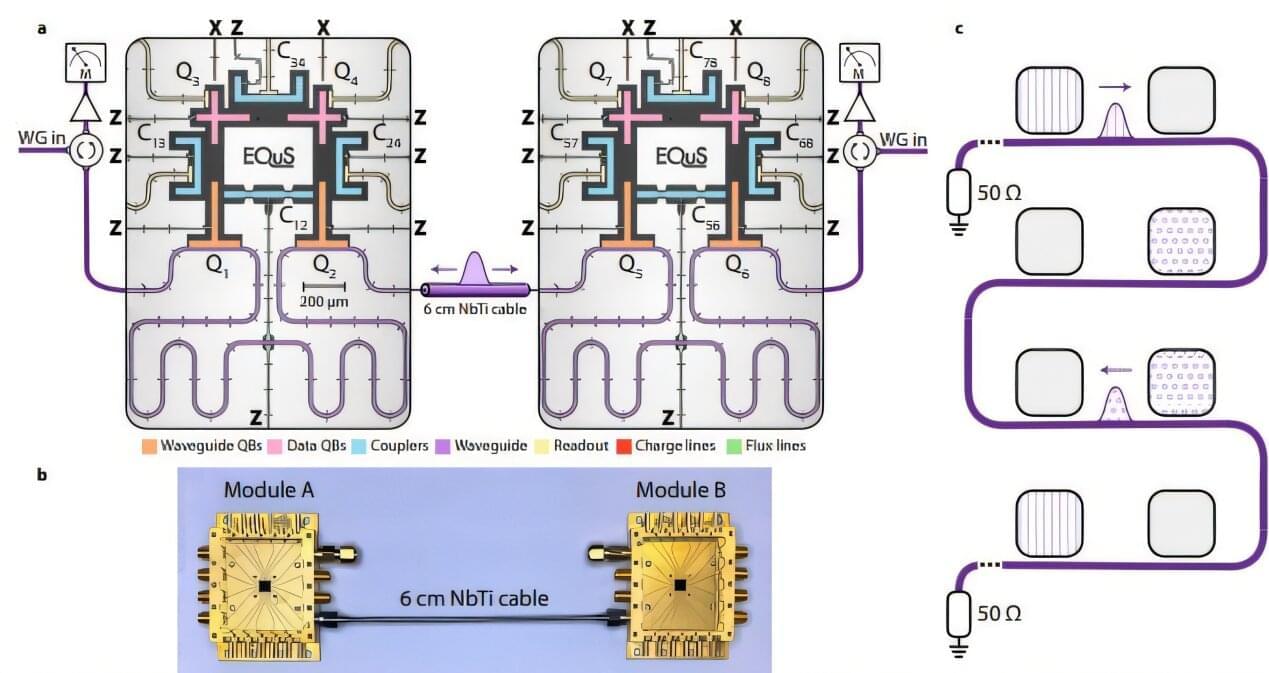Artificial Intelligence (AI) has made significant strides in recent years, transforming various aspects of our lives. From self-driving cars to personalized recommendations on streaming platforms, AI has become an integral part of our daily existence. However, the fear that AI will replace humans entirely is unfounded. Instead, a more nuanced perspective emerges: AI will augment human capabilities, leading to the emergence of “AI-powered humans.”
